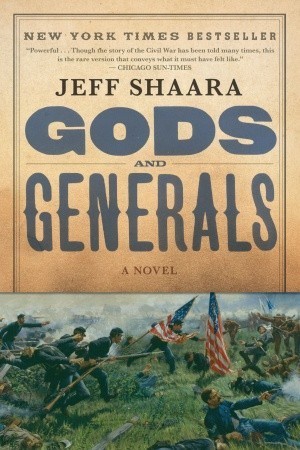More on this book
Community
Kindle Notes & Highlights
McGuire nodded quietly, said, “A general cannot cry for his men. They cannot even cry for each other now. This army has cried all its tears.”
Chamberlain turned, walked toward the tents, shook his head. If the enemy cannot kill us, he thought, the army can.
For all of Hooker’s shortcomings, he had done a great deal to bring the army back up to fighting form.
Hooker was a man clearly focused on his own goals, behaving more like a politician than a soldier.
Now Hooker spoke up, raising a glass, and shouted above the voices, “God Almighty will not be able to prevent the destruction of the rebel army!” There were more cheers, but they faded quickly, and Hancock saw stunned and uncomfortable expressions, the men who held dearly to their faith, who were absorbing what their commander had just said.
He climbed up onto the horse, moved the big mare along the road, thought of the ridiculous boasting, daring God to stop them, felt suddenly very sad.
only the same heavy dread that they had done this before, the utterly foolish mistakes, and if the leaders had not learned, certainly the soldiers had—that these mistakes would always turn into bloody disasters.
“General Hooker has been injured. It is not serious . . . he seems to be stunned. He was at the house when the shelling began and was struck . . . quite possibly by the hand of God.”
soldiers who would carry this with them for the rest of their lives, who would always know that they ran in the face of the enemy they should have beaten, not because they were cowards, or because there was weakness in their hearts. They ran because they were told to.
It could not be helped. There is no blame in war. God understands, we must all forgive.”


